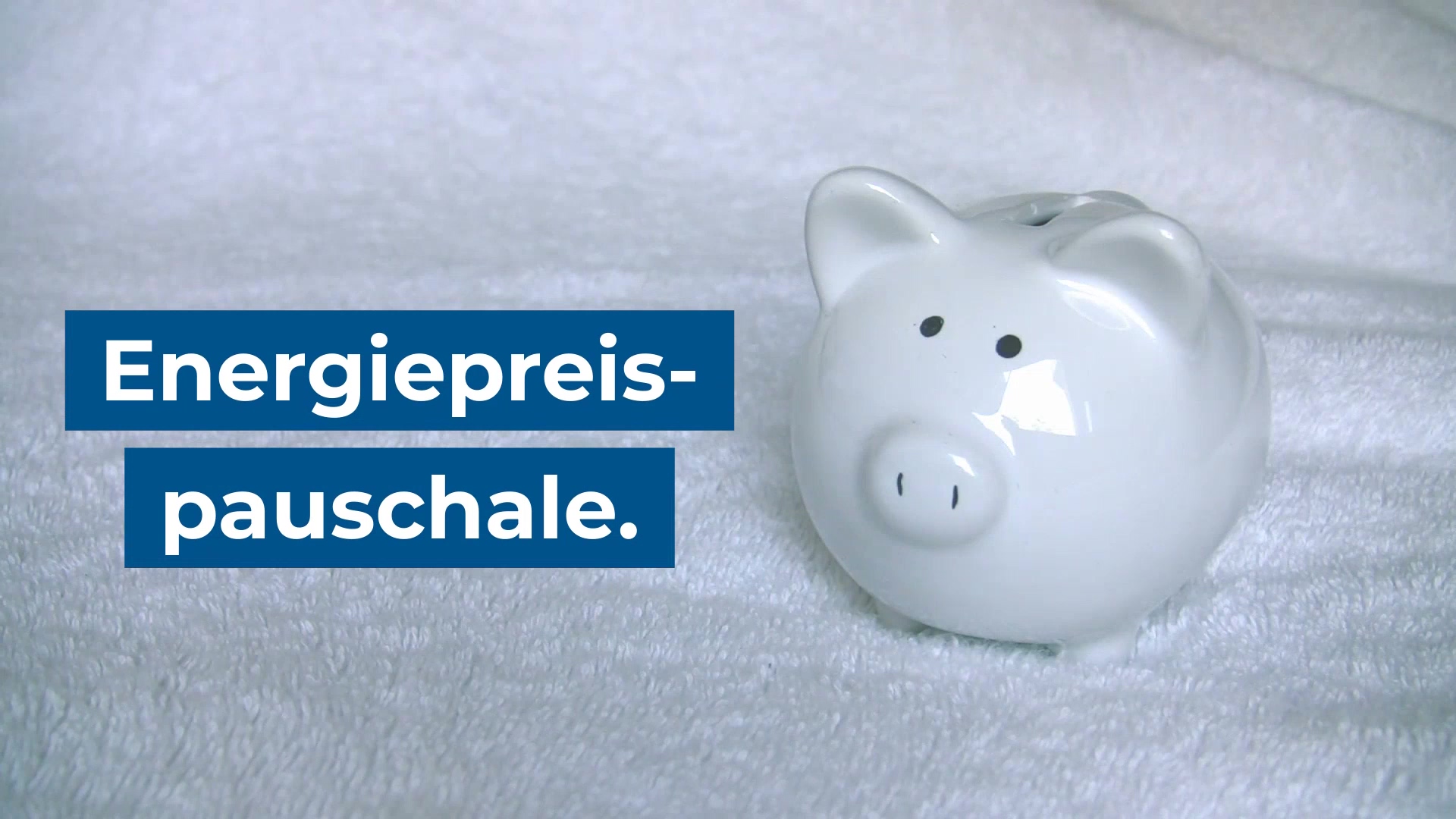How can this be? There is this highly qualified and successful colleague who always scores points with her big projects and earns good money. If you then ask her how she handles the situation, you’ll hear something like, «It’s all just luck!» or «I’m not that great. My team did everything.»
Unfortunately, this is often not just modesty. This woman sees the world very differently than you and is constantly under pressure because she is afraid of the next challenge. He suffers from impostor syndrome. You can find out what it is and how to successfully disable it right here.
Impostor: what is it?
Some people experiment their own competence completely different from how those around them perceive them. You see the expert colleague who always gets everything done and delivers perfect work. Which you can only learn from. However, she considers herself incompetent. No matter how many times he becomes employee of the year, gets raises, gets the best references from clients. Their image of others and their self-image differ enormously. She doesn’t believe in being smart, experienced, or educated enough to do this job.
That’s why she constantly feels like she’s deceiving those around her, about herself impostor (English: impostor) just to get by. And so she fears being exposed sooner or later: then everyone would realize that in reality she has no right to be in this place.
When he completes another project with pomp and glory, he doesn’t celebrate. And I can hardly accept your praise. This is also an expression of their worldview: their successes may just be a coincidence, or because the thing was really simple. And of course, the team actually did all the work. She will never attribute the result to herself and her competence. This view of the world and of oneself is called impostor syndrome (better: impostor phenomenon).
Ouch!
Who is vulnerable to the impostor phenomenon?
Highly qualified people, including academics, often experience this situation. Contrary to what was assumed, it does not appear that these are mainly women.
Apparently the impostor phenomenon has its roots in childhood experiences: the way our family and immediate environment value us. Psychologists Clance and Imes recognize two groups of people susceptible to this:
- People who were always considered the sensitive child of their family, while someone else was considered the intellectual star. Even though she believed this evaluation of herself, she still wanted to prove to herself and others that she was just as good as the “smart” member of the family through excellent school results and subsequently with top academic grades, but she never felt appreciation for this. What that tells him: You just have to keep trying harder.
- In the second case, the family gives the child the feeling that he is simply exceptional in everything. Everyone believes it and assumes that he can achieve anything if he wants it. But already at school this child has his first experiences with reality, which demonstrate that he is not capable of everything. And confidence in your exceptional performance wavers.
What remains in adulthood is one deep-seated doubt that I’m good enough.
In this way they avoid being exposed as impostors
Those who live with the impostor phenomenon naturally devise strategies to avoid exposing themselves and appearing as incompetent as they feel. He doesn’t necessarily do it consciously, but he just thinks he’s on the safe side.
Strategy 1: Perfectionism
The perfectionists among the self-proclaimed impostors firmly believe that with more work and a perfect result, they will not be discovered and exposed. In this way they avoid any possible errors and meticulously process even the unimportant details so as not to be discovered. You spend (and waste) a lot of time on even the smallest trivial matter. And I want to do it even better next time. That sounds like a lot of stress!
The tricky thing is that you actually have some success because it delivers good results. And this only confirms their belief that they have to work hard enough to compensate for their “lack of qualifications”.
Strategy 2: Procrastinate
Others stare at their to-dos like a rabbit stares at a snake: They imagine in vivid color how badly they will fail, what consequences this will have for their work. That’s why they do everything else at first except the important task they’re afraid of. You procrastinate. So it would be best to first tidy up your desk, clear out your inbox and see what’s happening on Insta. And wait until the last moment to do the thing right before the appointment. When it can no longer be avoided. This is also a very stressful situation.
If the result is not optimal, his attitude confirms it. If they nevertheless succeed in their performance, they attribute it to fortunate circumstances.
10 ways to put an end to the impostor phenomenon
However: You are normally not helpless in dealing with the problem. There are several strategies to evaluate your qualifications and performance more realistically and to avoid constantly putting yourself under pressure. With these strategies and measures you can put an end to the impostor phenomenon and the constant stress that comes with it.
- Learn about impostor syndrome. Knowledge is power. Maybe you recognize your feelings and behaviors and now know why you feel so uncomfortable. And you see that you are not alone in this. Many people, especially highly skilled people, have experienced the same thing as you.
- Talk about it with others. With people you can trust. Along the way, you will not only see that they also struggle with self-doubt (no, you are not an exotic person, there are many of us) and how they deal with this problem. Even more important: if you talk to a colleague who can evaluate your skills, you will receive qualified feedback that positively supports your perception of yourself.
- Learn to accept praise and compliments. Why should everyone find your work amazing, your contributions enriching, and your accomplishments valuable if they don’t? What would they benefit from? Listen especially carefully when it comes to details: “You did a great job with the layout of the presentation.” “Without the conversation with the customer, we would never have received the order.” Isn’t this concrete evidence that you actually have it?
- Dissolving negative beliefs: The negative self-concept of impostor syndrome often manifests itself through negative self-talk in the category of “I’m too stupid for this!”, “I could have done it better!”, “I just don’t have the knowledge to do it well!”
Is it really true? Take a critical look at the latest project and see if it actually serves as proof to the contrary. - Write a success diary. If you’re looking for even more evidence of your expertise, simply gather it yourself. If you keep a success diary, you can record each day how you overcame critical moments and did a good job. Also note feedback from those around you about your successes.
- Celebrate your successes. Too often we take good performance for granted. Anyone who feels like an impostor will think it’s pure luck rather than their own success. So celebrate each good achievement, create one positive mood after another, and notice when you’ve done something good.
- No comparison with others. You are you. Even if your brother was the intelligent head of the family, this has nothing to do with you. And if you are often on social media channels and are constantly faced with success stories and glossy images. Please, no comparisons, because not every day is Sunday even for celebrities and influencers.
- Shit happens – accept it for yourself. There are days when things aren’t so great. This has nothing to do with your abilities. Even world champions sometimes have a bit of a break. Sometimes it’s just time to take a break to get back into top shape.
- Nobody is perfect. Mistakes are part of life. Don’t overwhelm yourself with unrealistic expectations about your performance. Even if you want to do everything you can to eliminate all possible and impossible weaknesses in your project, know that all software has flaws because there is no such thing as perfection. Take mistakes rather than the feedback you need to develop further.
- My emergency magic wand: What’s the worst that can happen? You’ve worked on your perception of yourself and now you know what you’re worth. But sometimes there are setbacks and fears resurface. For example, if you are faced with a task that makes you feel like it is too big for you. Even if you’ve done similar things many times before.
Ask yourself: What is the worst thing that could happen to you if things “went wrong”? What if you are not satisfied with the result? You’ll find that it won’t cost you the job, the assignment, or the recognition of those around you if it doesn’t go 100% perfectly. Acknowledge it and relax again.
latest posts published

Are you starting to run? This is how we persevere!

Your time invested profitably every day: What are your EPAs?

Energy flat rate: who is entitled to the 300 euro bonus?

Here’s how companies choose the right solution

Set and achieve goals with SMART

Different working models and employee retention: a connection?

Flexible working hours

Personal Kanban in the notebook: be productive

Reporting for effective workforce management


